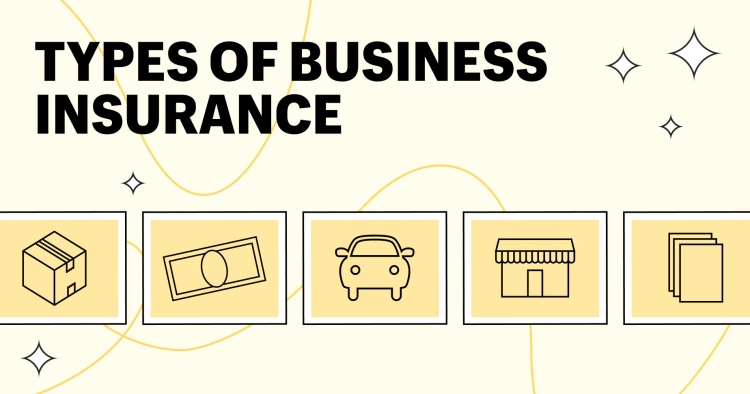1. What is General Liability Insurance?
General Liability Insurance (GLI) is a type of insurance that provides coverage for claims related to bodily injury, property damage, and personal or advertising injury. It helps protect your business from financial losses due to legal disputes and third-party claims.
2. Why is General Liability Insurance important for my small business?
General Liability Insurance is crucial for small businesses because it protects against lawsuits and claims that could otherwise be financially devastating. It also helps meet client and contractual requirements, builds trust with customers, and secures your business’s financial stability.
3. What does General Liability Insurance cover?
GLI covers:
- Bodily Injury: Medical expenses and legal fees for injuries that occur on your premises or due to your business operations.
- Property Damage: Costs to repair or replace property damaged by your business activities.
- Personal and Advertising Injury: Claims related to libel, slander, or false advertising.
- Legal Defense Costs: Legal fees and court costs associated with defending against claims.
4. What other types of insurance should I consider for my small business?
In addition to General Liability Insurance, consider the following:
- Property Insurance: Covers damage to your business’s physical assets.
- Workers’ Compensation Insurance: Covers medical expenses and lost wages for injured employees.
- Professional Liability Insurance: Protects against claims of negligence or mistakes in professional services.
- Business Interruption Insurance: Compensates for lost income and expenses during a temporary shutdown.
- Cyber Liability Insurance: Covers expenses related to data breaches and cyber threats.
- Commercial Auto Insurance: Covers damages and liability related to business-owned or leased vehicles.
5. How do I choose the right insurance for my small business?
To choose the right insurance:
- Assess Your Risks: Identify potential risks specific to your business.
- Consult with an Insurance Professional: Get advice on relevant coverage options.
- Review Policy Details: Check coverage limits, exclusions, and endorsements.
- Consider Your Budget: Compare quotes and balance coverage with cost.
- Regularly Review Coverage: Update policies as your business evolves.
6. How does General Liability Insurance differ from Professional Liability Insurance?
General Liability Insurance covers physical injuries, property damage, and certain types of personal injury related to your business operations. Professional Liability Insurance, also known as Errors and Omissions Insurance, covers claims of negligence or mistakes related to the professional services you provide.
7. Is General Liability Insurance required by law?
General Liability Insurance is not always legally required, but many clients, partners, and landlords may require it. Additionally, some jurisdictions may have specific insurance requirements for certain types of businesses.
8. What should I do if I need to file a claim under my General Liability Insurance?
If you need to file a claim, contact your insurance provider as soon as possible. Provide detailed information about the incident, including any supporting documentation. Your insurer will guide you through the claims process and help you understand the next steps.
9. How often should I review my business insurance policies?
It is a good practice to review your insurance policies annually or whenever there are significant changes in your business, such as expansion, new services, or changes in operations. Regular reviews ensure your coverage remains adequate and up-to-date.
10. Can I customize my General Liability Insurance policy?
Yes, many insurance providers offer customizable policies to better fit your specific needs. You can discuss options with your insurance agent to add endorsements or adjust coverage limits based on your business requirements.





















